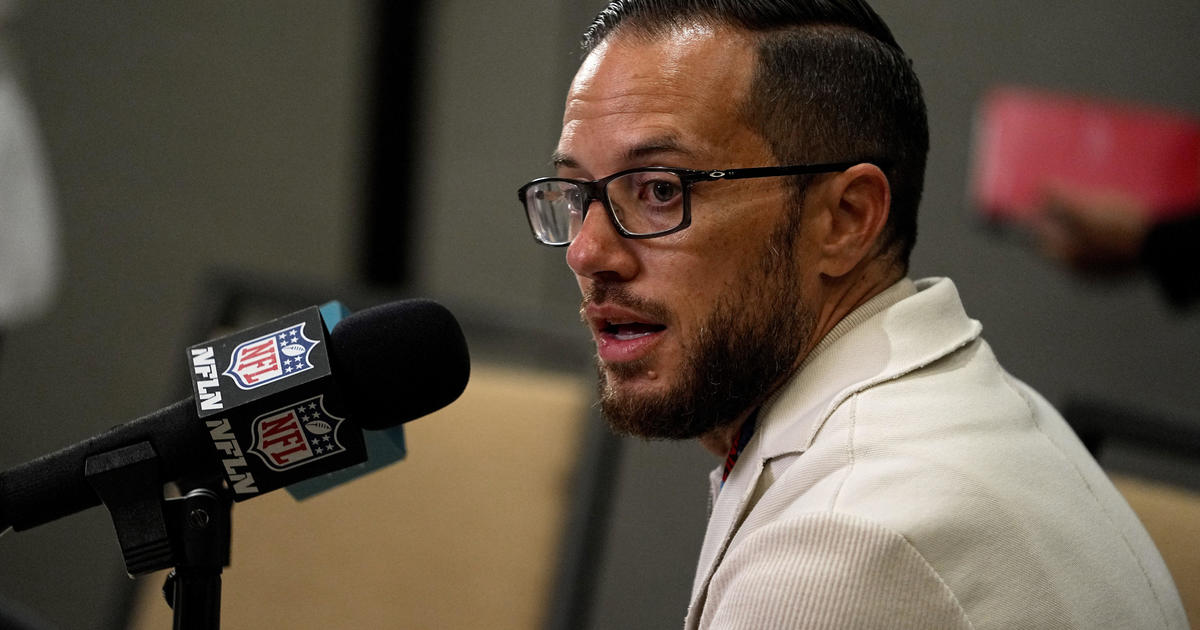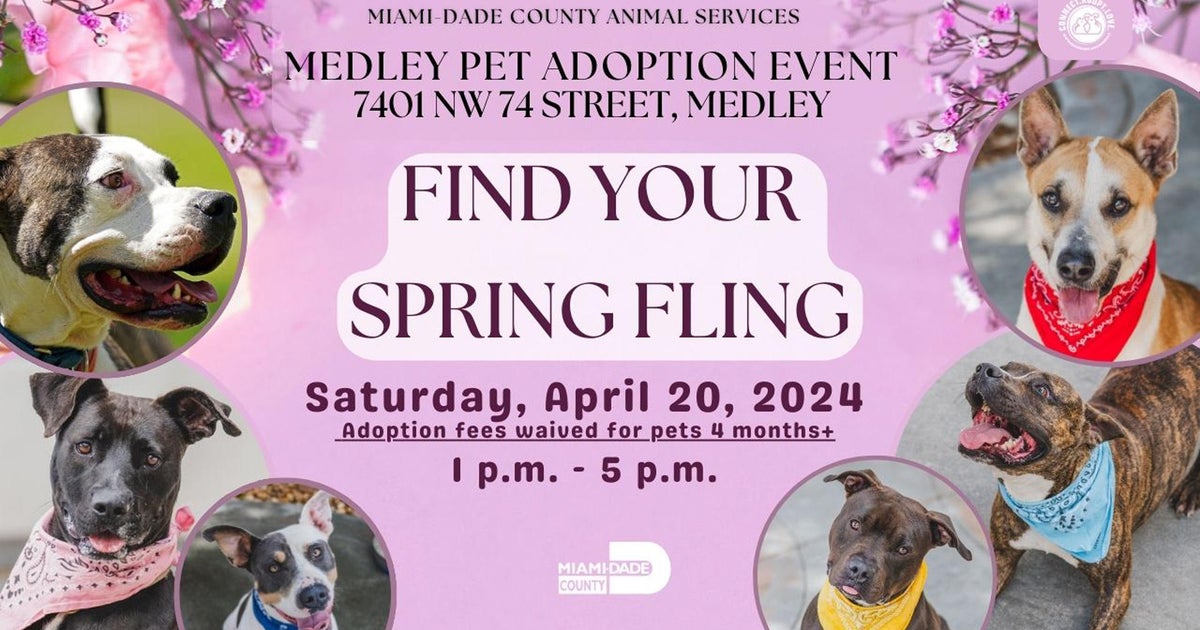Obamacare May Bite You At The Vet's Office
MIAMI (CBSMiami) -- Pet owners listen up: You may want to start saving more money for veterinarian care this year. The reason goes all the way back to Washington and an unintended consequence from medical reform.
Dog owner Lori Heiselman was surprised where her veterinarian posted a warning on Facebook.
The notice read: "Because medical equipment and supplies will be going up in cost, that extra expense will have to passed on to the customers."
-->
So Lori is already tightening her belt to pay for the increase in her dog's care. Though she doesn't like it, she's willing to pay more for her pets.
"They're very important. They're members of the family," said Heiselman.
Why the increase? Its part of a new 2.3-percent federal excise tax on certain medical devices that just went into effect. The tax will help fund the Patient Protection and Affordable Care Act, commonly known as Obamacare, intended for people, not pets. Manufacturers pay the tax, but a recent survey found more than half plan to pass it along.
Some vets say they can't afford it. Dr. Mike Hatcher is one of them. He explained, "I'm extremely concerned how this is going to be a hidden tax to our consumers that is going to be passed on."
How does this work? Medical devices used only on animals are exempt. However, items including IV pumps, sterile scalpels and anesthesia equipment, which are medical devices that have a dual use, meaning they can be used on people and animals, will be taxed. Hatcher said, "Putting off an equipment purchase is something that can terribly affect our clients' ability to have quality care."
The American Veterinary Medical Association represents 82,000 vets. At this point, they don't know how much this new tax will indirectly cost them. The organizations members are waiting to hear from more device makers.
Dr. Mark Lutschaunig is the director of the Governmental Relations Division of the American Veterinary Medical Association.
"Congress never intended for this tax to impact veterinarian medicine and unfortunately it has, and I think that's very unfortunate that veterinarian medicine now is subsidizing human health care," said Dr. Lutschaunig.
Congressional sources who worked on the Affordable Care Act said lawmakers tried to exclude vets from being affected by the dual use medical devices tax, but it was too complicated.
Carol Smock knows about complications. She founded a charity that helps struggling pet owners pay for vet care. Smock started Brown Dog Foundation after struggling to pay for her chocolate lab's medical bills while she was unemployed. Her organization is a 501c3 public charity that provides funding to families who find themselves in similar situations: A sick pet that would likely respond to treatment, but due to an unforeseen circumstance, there is not enough money immediately available to make it happen.
Smock is afraid The Brown Dog Foundation is going to be overwhelmed with requests.
"The impact this price increase is going to have on any of those families I think will be pretty devastating."
Lori Heiselman said she worries about other families too, but she'll find the money for her four-legged friends. "We'll just have to cut back somewhere else."
Veterinarians say, if your pet is sick or acting strangely, don't delay care. That could just cause medical problems to get worse.
If you're concerned with the cost of vet care, be sure to talk with your vet about payment plans or other financial options.



